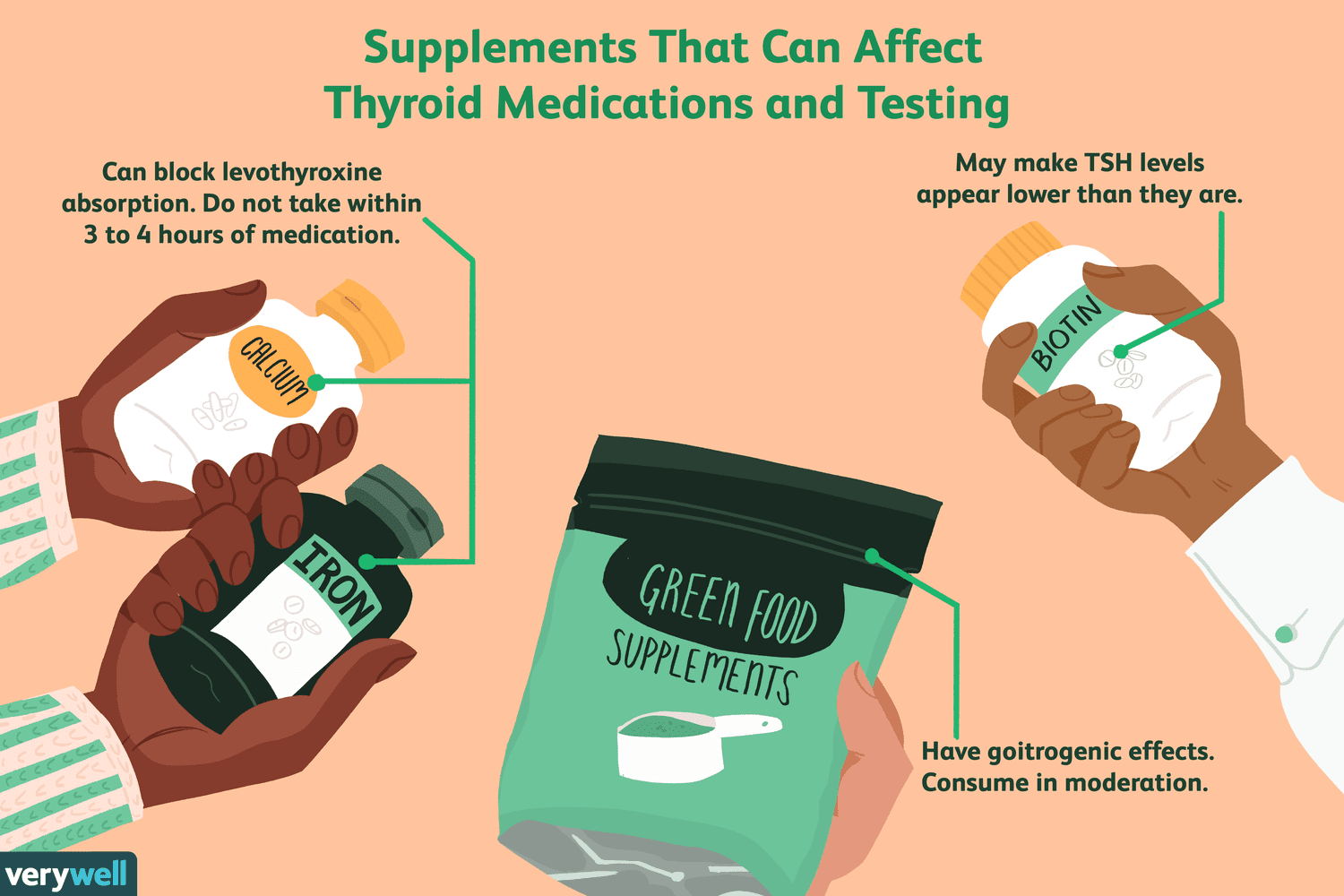Stress and Blood Glucose Levels: Understanding the Connection
Stress is an unavoidable part of modern life, and its impact on our health goes beyond mental and emotional well-being. It can have a significant effect on our physical health, including our blood glucose levels. If you have diabetes or are at risk of developing it, understanding the connection between stress and blood glucose levels is crucial. In this blog post, we will explore how stress influences blood sugar, the mechanisms behind it, and practical strategies to manage stress for better glucose control.
The Stress Response and Blood Glucose
When we experience stress, whether it’s due to work pressures, personal challenges, or other factors, our bodies release stress hormones such as cortisol and adrenaline. These hormones trigger a series of physiological responses, including an increase in blood glucose levels. This is known as the “fight-or-flight” response, designed to provide the body with a quick burst of energy in times of perceived danger.
Impact on Blood Glucose Levels
For individuals with diabetes, the stress-induced rise in blood glucose can be problematic. Here’s how stress can affect blood sugar:
Increased Glucose Production
Stress hormones signal the liver to produce more glucose, which is released into the bloodstream. This can lead to elevated blood glucose levels.
Insulin Resistance
Stress hormones can make cells more resistant to the effects of insulin, the hormone responsible for regulating blood sugar. When cells become insulin resistant, glucose remains in the bloodstream, contributing to higher blood sugar levels.
Altered Eating Patterns
Stress can disrupt eating patterns, leading to emotional eating, skipping meals, or making less healthy food choices. These behaviors can further impact blood glucose control.
Unveiling the Health Marvels of Okra: Top 10 Reasons to Make it a Dietary Staple
Managing Stress for Better Glucose Control
While it may not be possible to eliminate stress completely from our lives, there are effective strategies to manage stress and minimize its impact on blood glucose levels. Consider these approaches:
Exercise Regularly
Physical activity is an excellent stress reliever and can help regulate blood sugar levels. Engaging in activities such as walking, yoga, or dancing releases endorphins, which improve mood and reduce stress.
Practice Relaxation Techniques
Incorporate relaxation techniques like deep breathing exercises, meditation, or mindfulness into your daily routine. These practices can help reduce stress levels and promote a sense of calm.
Get Adequate Sleep
Prioritize quality sleep as it plays a crucial role in managing stress. Aim for 7-8 hours of restful sleep each night to rejuvenate your body and support overall well-being.
Establish Healthy Coping Mechanisms
Find healthy ways to cope with stress, such as engaging in hobbies, talking to supportive friends or family members, or seeking professional help through therapy or counseling.
Automatic Mechanical Movement Sapphire watch
Maintain a Balanced Diet
Stick to a well-balanced diet that includes whole foods, plenty of vegetables, lean proteins, and healthy fats. Avoid excessive consumption of sugary or processed foods, as they can negatively impact blood glucose levels.
Stay Consistent with Diabetes Management
During stressful periods, it’s essential to stay diligent with your diabetes management plan. Monitor your blood glucose levels regularly, take medications as prescribed, and follow your healthcare provider’s recommendations.
Managing stress is crucial for individuals with diabetes or those at risk of developing the condition. By understanding the connection between stress and blood glucose levels, you can take proactive steps to reduce stress and its impact on your overall well-being. Prioritizing stress management through exercise, relaxation techniques, adequate sleep, and healthy coping mechanisms can lead to better glucose control and improved long-term health outcomes. Remember, seeking support from healthcare professionals and adopting a holistic approach to diabetes management is key to leading a balanced and healthier life.











